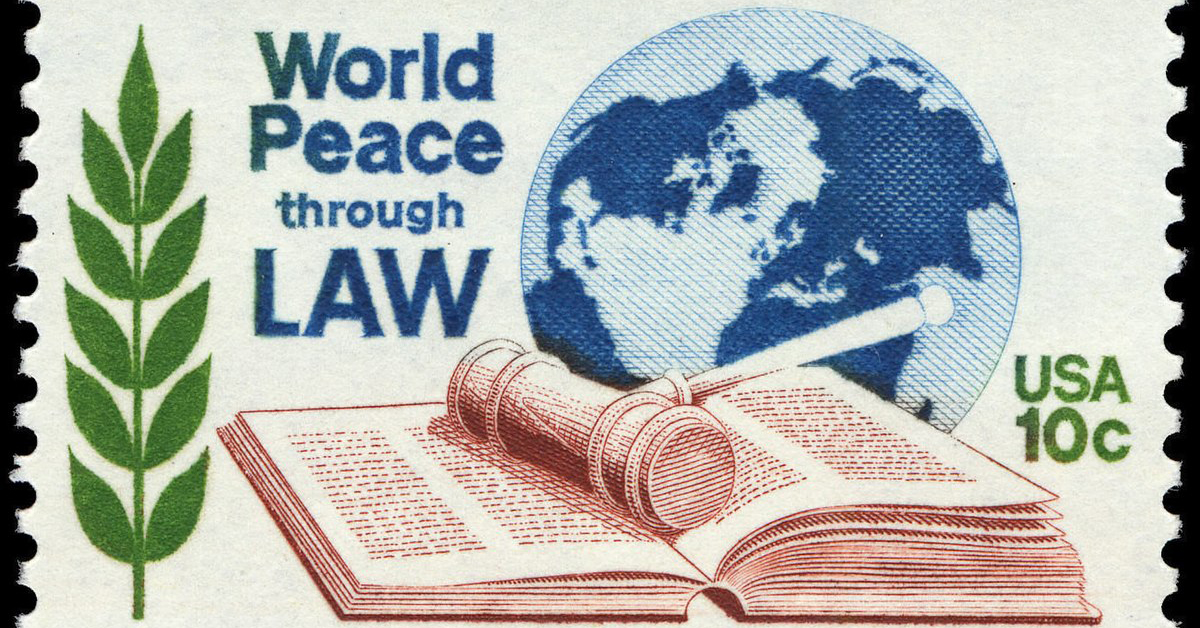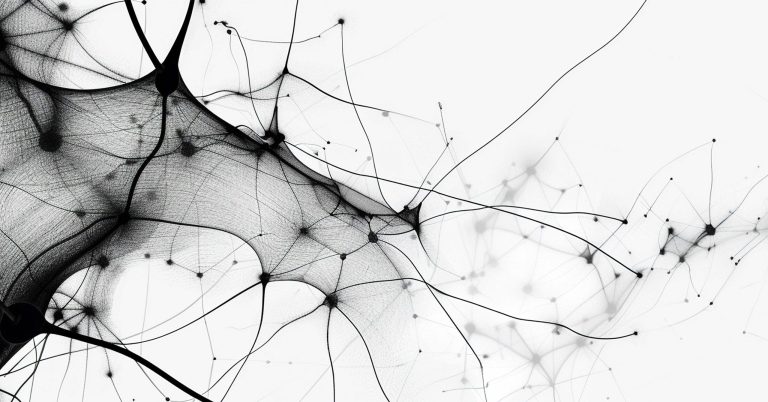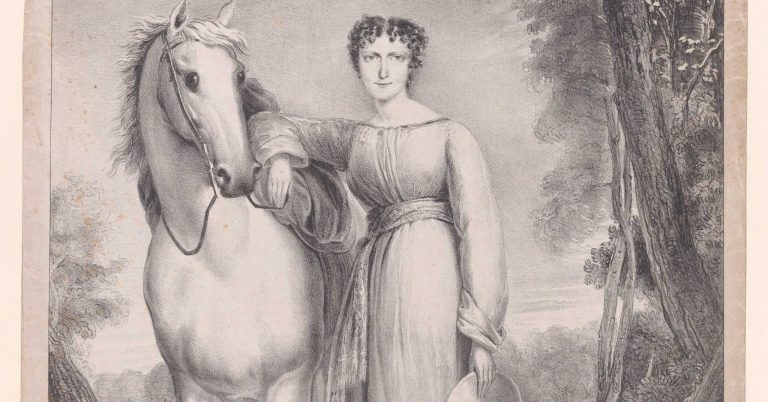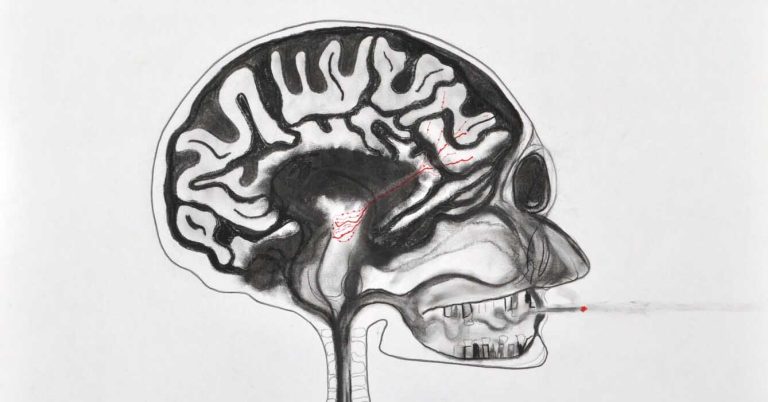
by Robert Schuett
I often get asked: ‘What would Hans Kelsen say about the state of democracy and world politics today?’ ‘How do we make sense of Carl Schmitt’s comeback in the twenty-first century?’ And ‘considering President Vladimir Putin’s war in Ukraine, how do we get out of this alive?’
People tend to be surprised when I reply: ‘Kelsen is dead, his ashes scattered in the Pacific off the coast of California half a century ago. Different times. We cannot know what he would say. And what for? What matters is what we, today’s Kelsenians, do say about all the stuff that’s going on.’
On the occasion of the publication of the paperback edition of my Hans Kelsen’s Political Realism, I want to restate what I have been doing in the book. And then I want to reaffirm what I have been really saying, so that there can be no misunderstanding about what I call the timeless wisdom of a Kelsenian political realism.
Challenging political realism
When I began working on what would eventually become Hans Kelsen’s Political Realism (back in the Spring of 2010 during my post-doc visit at the University of California), the only thing I was certain of was that I wanted to continue to challenge the crude ‘realist vs. idealist’ cliché. I was drawn to Kelsen for a number of reasons, not least because I had discussed him (albeit briefly) in my first book Political Realism, Freud, and Human Nature in International Relations. There and then, I was struck by the fact that Kelsen is widely regarded as a naïve idealist, while at one and the same time, what you will find in Kelsen’s work is a sort of hard-nosed Freudian human nature realism.
And thus, when I dug deeper into the details of Kelsen’s political thinking, a picture began to emerge that made him look like a realistic idealist, or idealistic realist, or at least to me, a ‘real’ realist. For in Kelsen’s political thinking there is the real, and there’s the ought: what should we do? And he doesn’t have easy answers – who has? Those who do, like the Schmittians, are either anti-democratic authoritarians or they are narcissistic frauds, or both (history bears that out).
I want to leave it to readers to explore whether my specific take on Kelsen presented in the book, combining elements of biographical detail with theoretical assessment, is more a sort of intellectual biography than International Relations (IR) theory. I should think that the way I put Kelsen and Kelsenian themes in conversation with people like Carl Schmitt (a Nazi jurist), Hans J. Morgenthau, John H. Herz, and Sigmund Freud, and so many other intellectual giants of his age, makes the book a provocative contribution to the fantastically rich and open-minded sub-field of so-called International Political Theory, where conventional and new challenges of international relations are confronted with the many tools, analytic and normative, of political theory. That is to say, in short, the way I read Kelsen may point us in the direction that his views about foreign affairs were not only more complex than usually noted in the literature and public discourse, but also quite realistic: perhaps more realistic than what comes out of today’s so-called neo-realists, some of whom are anything but political realists.

A renewed open society realism
So, the point is now permanently made, at least that is my hope, or my own idealism. If you dare to look, from a political point of view (what I do in the book), into what Kelsen writes about You and Me; that is,
- why we’re no Kantian angels; why the state as a compulsory and from first to last political organisation of society is here to stay;
- why Utopias, such as the withering away of the state and other natural-law like fantasies are dangerous illusions;
- why nationalism is such a brute and powerful force in international life;
- why even a world full of Rawlsian democracies and open economies wouldn’t mean that war isn’t an ever-present possibility;
- why the structural condition of anarchy in world order is the very real cause of violence and injustice;
- then we might want to keep in mind and as Kelsenians remember always, above all else, that as long as You and Me do not live to see a world order based on a centralised legal order with compulsory adjudication of international disputes and coercive power at its disposal come the time, there will be blood.
We may lament as often as we like that either a world state or the piecemeal strengthening of international law is a Sisyphean task in comparison with the brute realities of power politics under the existential condition of the security dilemma. And from a purely realistic perspective, we may be right in this. But exactly because it’s all bleak, Kelsenians will have to keep pushing that there’s only one realistic peace – a peace through law.
About the book
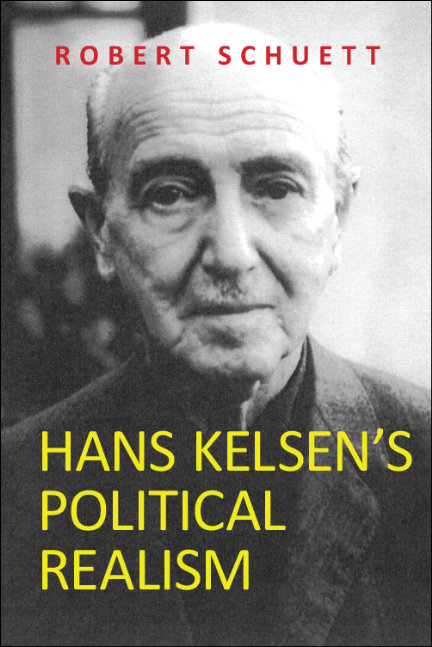
Hans Kelsen’s Political Realism
by Robert Schuett
Challenges conventional views of Hans Kelsen and foreign-policy realism in International Relations theory
About the author
Robert Schuett has a Ph.D. from Durham University’s School of Government and International Affairs. He is a former career civil servant, working in the Austrian Ministry of Defence from 2011 to 2022, and now teaches geopolitics and transatlantic relations at the Diplomatic Academy Vienna.
Interested in learning more about this book and other titles from Edinburgh University Press? Sign up for our mailing list!


